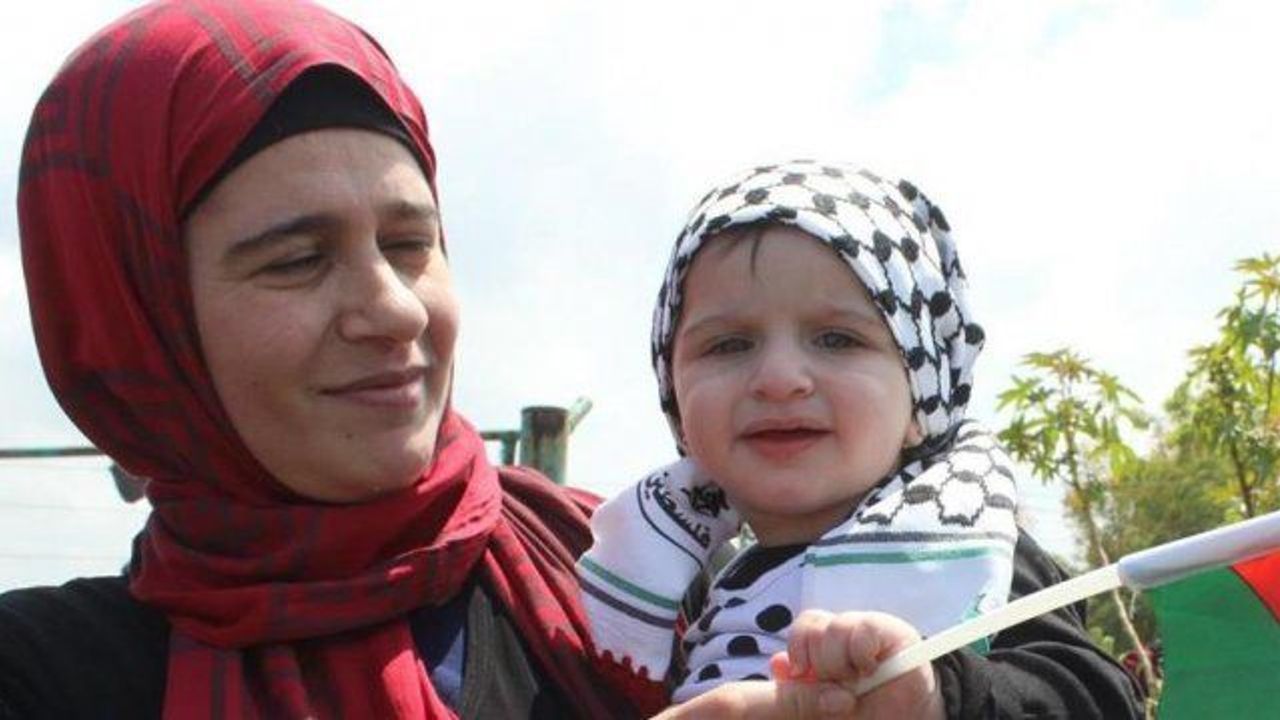In Lebanon, Mother’s Day is bittersweet for some
Millions of people across the Arab world on Monday celebrated Mother’s Day, paying tribute to the maternal influence on their lives.

The occasion, however, brought bitter memories for Lebanese mothers whose sons have been forced by circumstance to leave the country in search of better lives.
"My three sons left Lebanon when they turned 18," Om Mohamed told Anadolu Agency. "I feel like I brought them up to simply send them overseas."
Years of civil war and political and economic upheaval have forced many Lebanese to travel abroad in search of better opportunities.
According to the International Organization of Migration (IOM), around 22 percent of Lebanon’s population was unemployed in 2014.
The Ministry of Labor, for its part, puts the national unemployment rate at a whopping 30 percent.
Around 12 million Lebanese currently live abroad, according to unofficial estimates.
With tears rolling down her checks, Om Mohamed wondered why so many Lebanese leave the country for greener pastures.
"Why should we live in a country where my husband has to commute to work despite his old age?" she asked. "Why must my children travel abroad to be educated?"
Lebanon has been without a president for almost two years due to a political standoff between the Iran-backed Hezbollah movement and its allies and parties aligned with Saudi Arabia.
Last month, Riyadh cancelled a promised $3-billion grant to the Lebanese army and a $1-billion grant to the country’s internal security forces after accusing Hezbollah of hijacking Lebanese politics.
Saudi Arabia and some other Gulf states have gone so far as to warn their citizens against traveling to Lebanon and have called on their nationals living in the country to leave.
Living alone
Om Kamil raised her eight children alone after the death of her husband in 1979.
"I dedicated my life to my children," she told Anadolu Agency. "But now they’ve all migrated except for two married daughters, one of whom lives in Beirut while the other lives in Sidon [in southern Lebanon]."
Lebanon is heavily dependent on Arab investment and remittances sent home by expatriate workers living in the Gulf.
Om Kamil lamented the fact that she now lives alone since most of her children left Lebanon.
"I brought them up only to find myself living alone," she said.
The aging mother, however, finds a solace in the fact that her children now lead better lives overseas.
"I’m relieved that they found better lives and better education abroad instead of joining militias during the country’s civil war," she said.
Anadolu Agency







